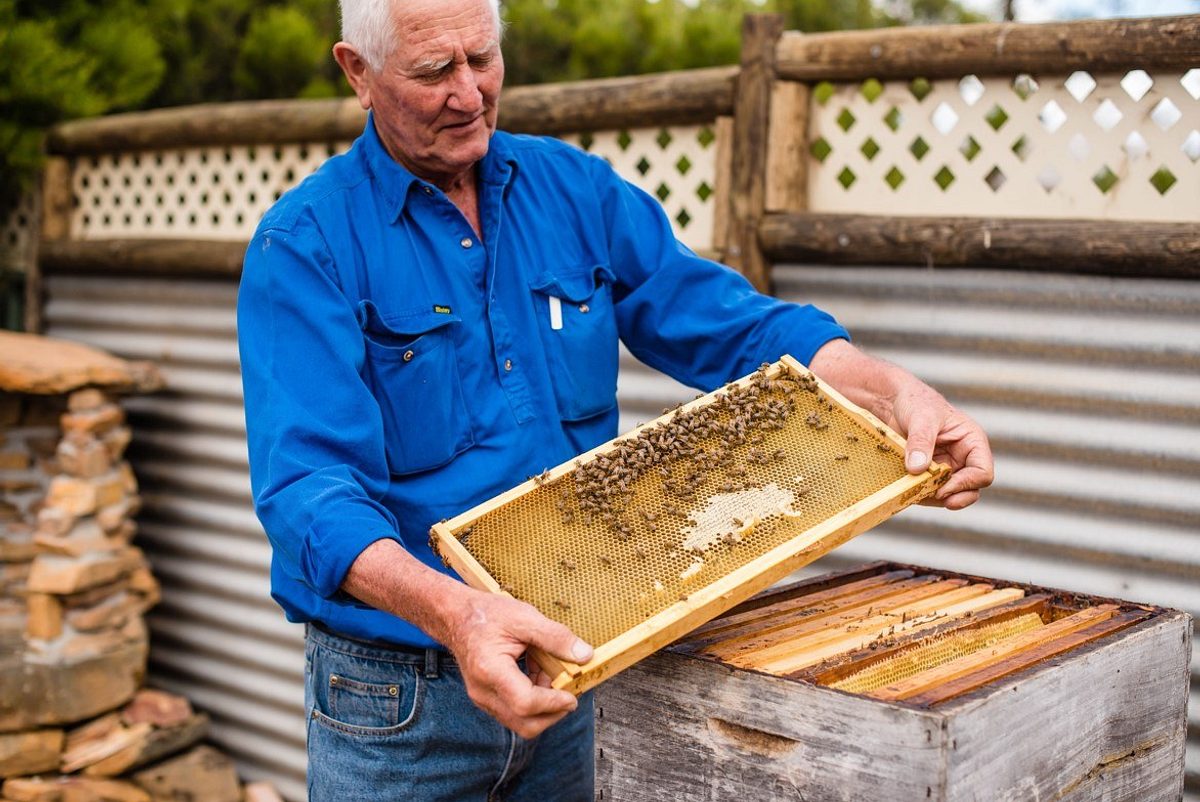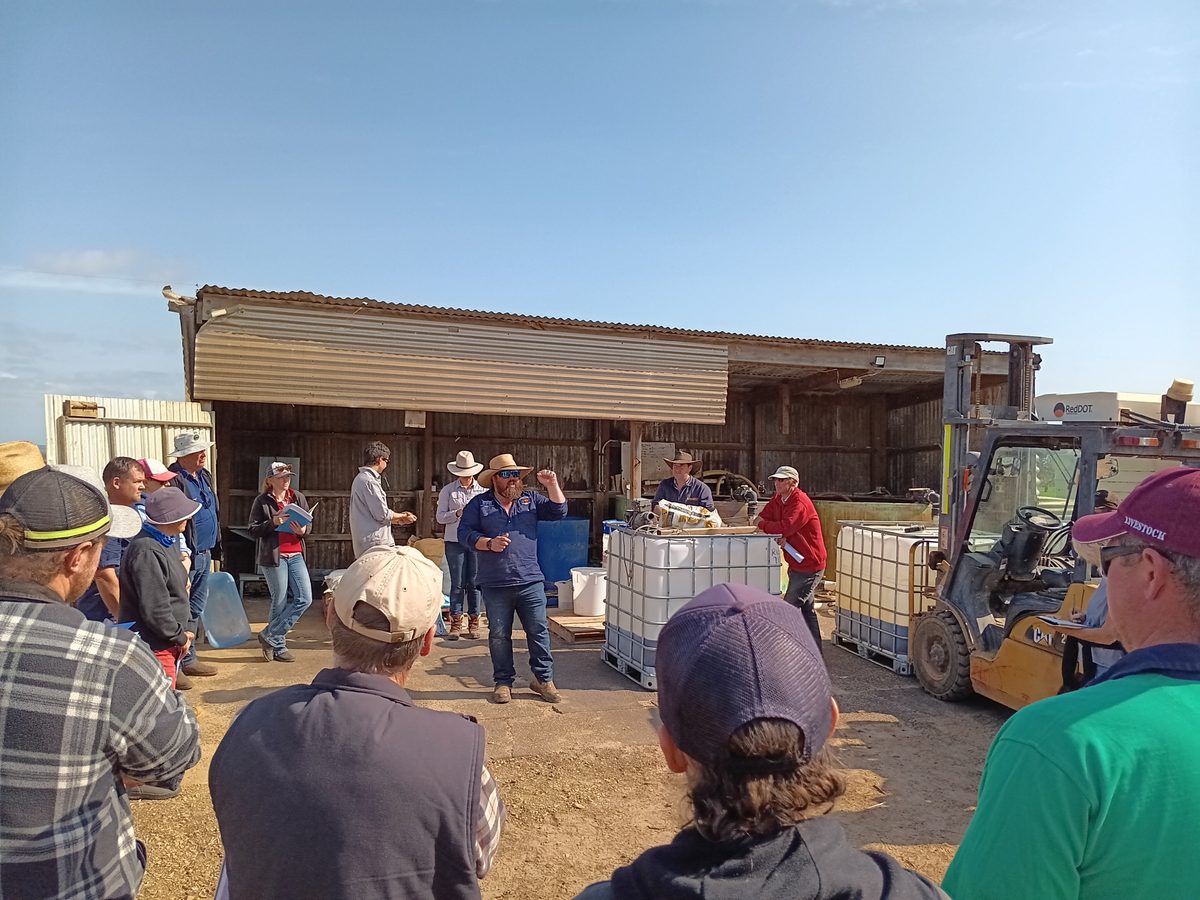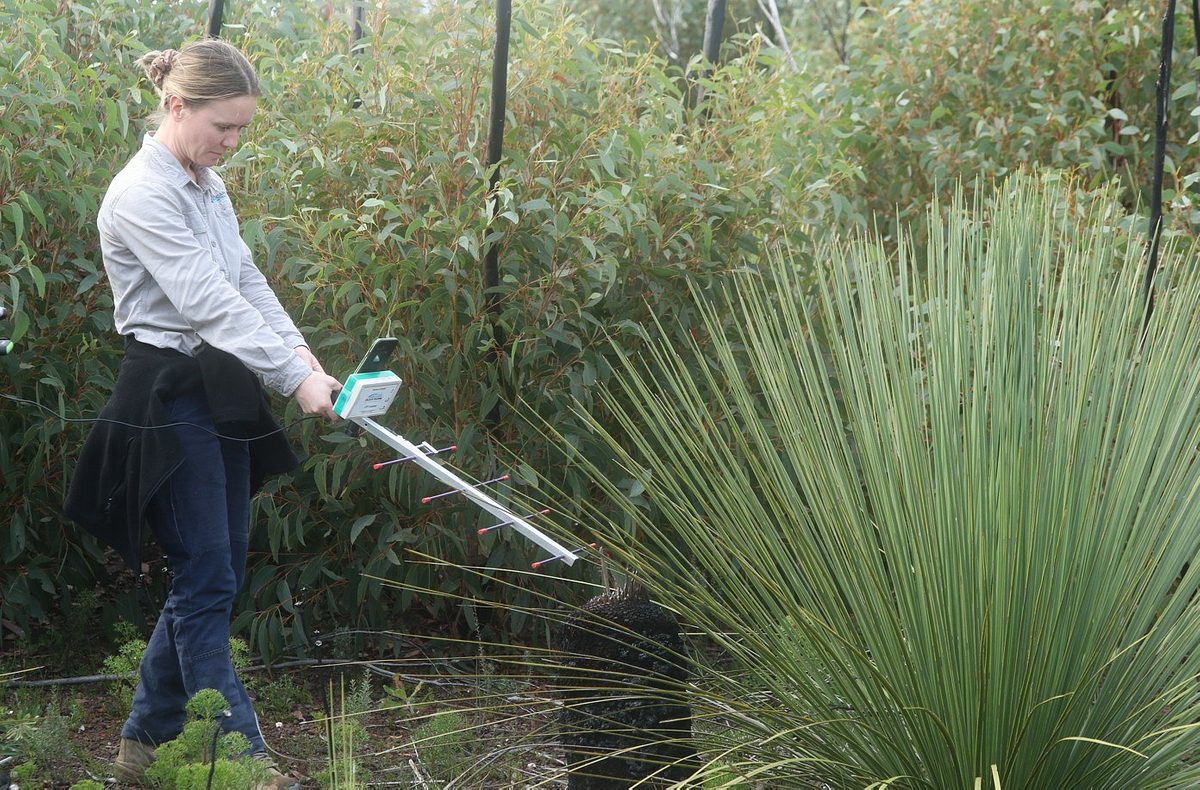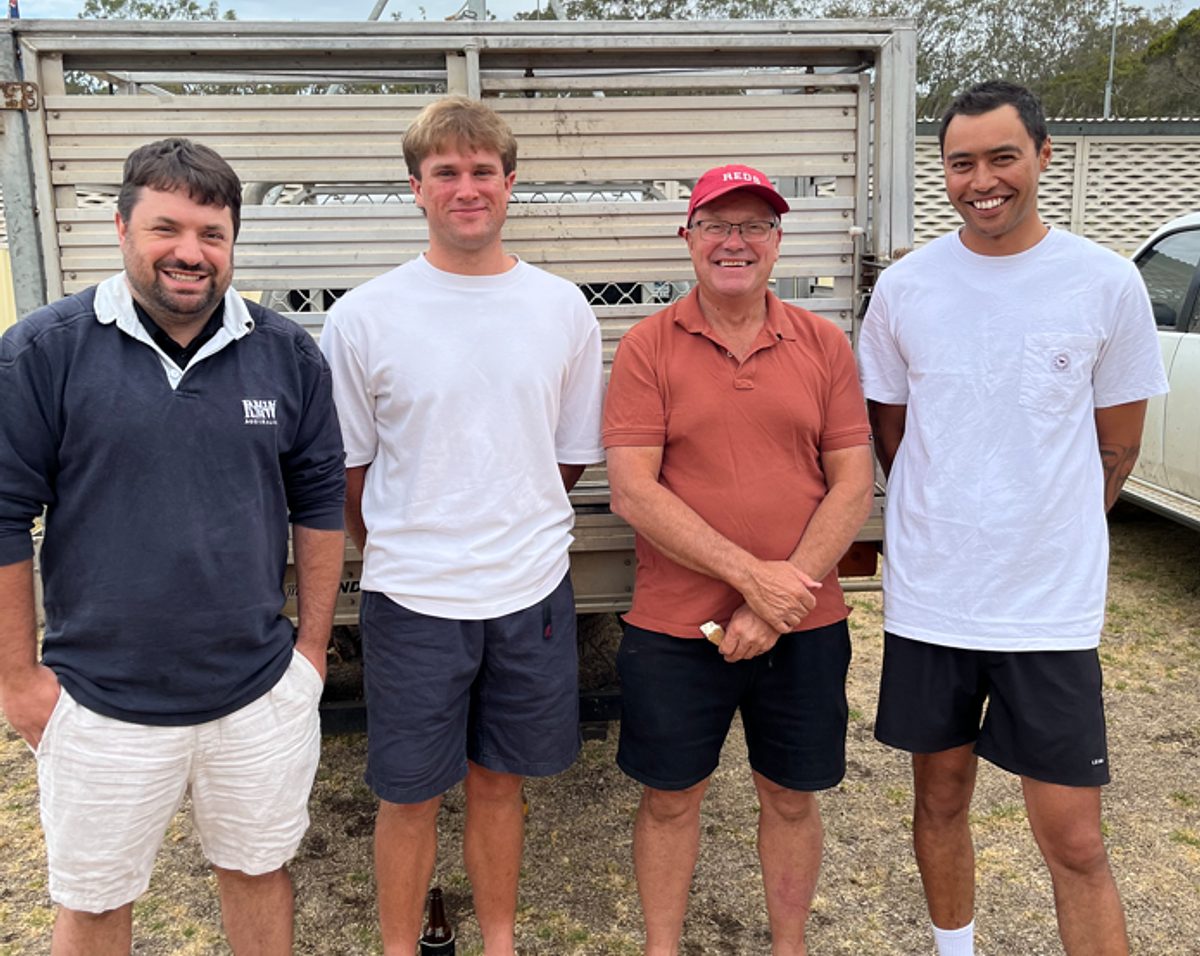Biosecurity reminder -Keep KI safe
With the peak tourism season fast approaching, the Kangaroo Island Landscape Board would like to issue a timely reminder to visitors and new residents about animals, pests and weeds that are not allowed on KI.

“Kangaroo Island’s remoteness and isolation has created a special environment, free from many of the pests and diseases found on mainland Australia,” said Kangaroo Island Landscape Board Chair Andrew Heinrich.
“Every time someone travels to the island, there is a risk that pests or diseases could be introduced. This has the potential to devastate the local environment and agricultural industries,” he said.
“Visitors and new residents to the island need to reduce biosecurity risks to help keep KI clean and safe.”
Legislation is in place to reduce the risks and protect the environment and agricultural industries on Kangaroo Island.
The movement, sale, and ownership of declared species on the island is prohibited under the Landscape SA Act 2019with a penalty of up to a year in prison or a fine of up to $50,000 may be imposed for such an offence.
Declared species are considered pest animals and plants that impact agricultural industries and cause environmental disasters if they are allowed to spread.
DO NOT BRING THE FOLLOWING TO KANGAROO ISLAND:
| * Ferrets | * Marine pests on boats |
| * Foxes | * Grape vine cuttings |
| * Rabbits | * Fresh fruit and vegetables if you are travelling from a declared fruit fly outbreak area |
| * Deer | * Bees, honey products, beeswax and bee handling equipment |
| * Goats | * Declared weeds, including common garden plants such as gazania, olive, blackberry and arum lily. |
| * Pigs | * Unwashed or dirty potatoes or seed potatoes |
Other things you can do to help:
Before travelling to Kangaroo Island check to make sure you clean your -
- cars, machinery and vehicles
- camping equipment
- hiking boots
- other outdoor equipment.
What you bring could contain residual plant material like weed seeds, animal and plant diseases. Make sure they are free of soil.
Practice good farm biosecurity
When visiting local farms or agricultural land, make sure you follow instructions before entering the property. Farm biosecurity is designed to protect a property from the entry and spread of pests and diseases.
Do not return stray livestock to a farm without the farmer's permission!
This prevents the spread of foot rot and other diseases to neighboring properties.
If you find stray livestock, check if they have a National Livestock Identification System (NLIS) tag. The Department of Primary Industries and Regions SA (PIRSA) may be able to identify the animals and contact the owners. Contact PIRSA's Kangaroo Island office on (08) 8553 4949.
If you see a pest animal or plant while on Kangaroo Island, please report it immediately to the Kangaroo Island Landscape Board on (08) 8553 2476.
| * feral pigs | * declared weeds |
| * foxes | * feral goats |
| * rabbits | * feral deer |
| * escaped domestic pigs | * escaped domestic goats |
Feral cat eradication
The Kangaroo Island Landscape Board is working to eradicate feral cats from the Dudley Peninsula, that covers the area from Penneshaw to Pelican Lagoon isthmus, by mid-2025.
Please report any sightings of feral cats on the Dudley Peninsula to the Feline Hotline: 0459 952 830.
To support eradication efforts and reduce the risk of uncontained domestic cats re-establishing populations of feral cats, the Kangaroo Island Council have introduced by-laws relating to the keeping of pet cats. All domestic cats on Kangaroo Island must be:
- registered
- micro-chipped
- de-sexed*
- contained to your premises (House) unless in a contained run
- restricted to no more than two cats per premises*.
* Unless you are a registered breeder of cats.
For more information about biosecurity practices on Kangaroo Island visit the PIRSA website.



